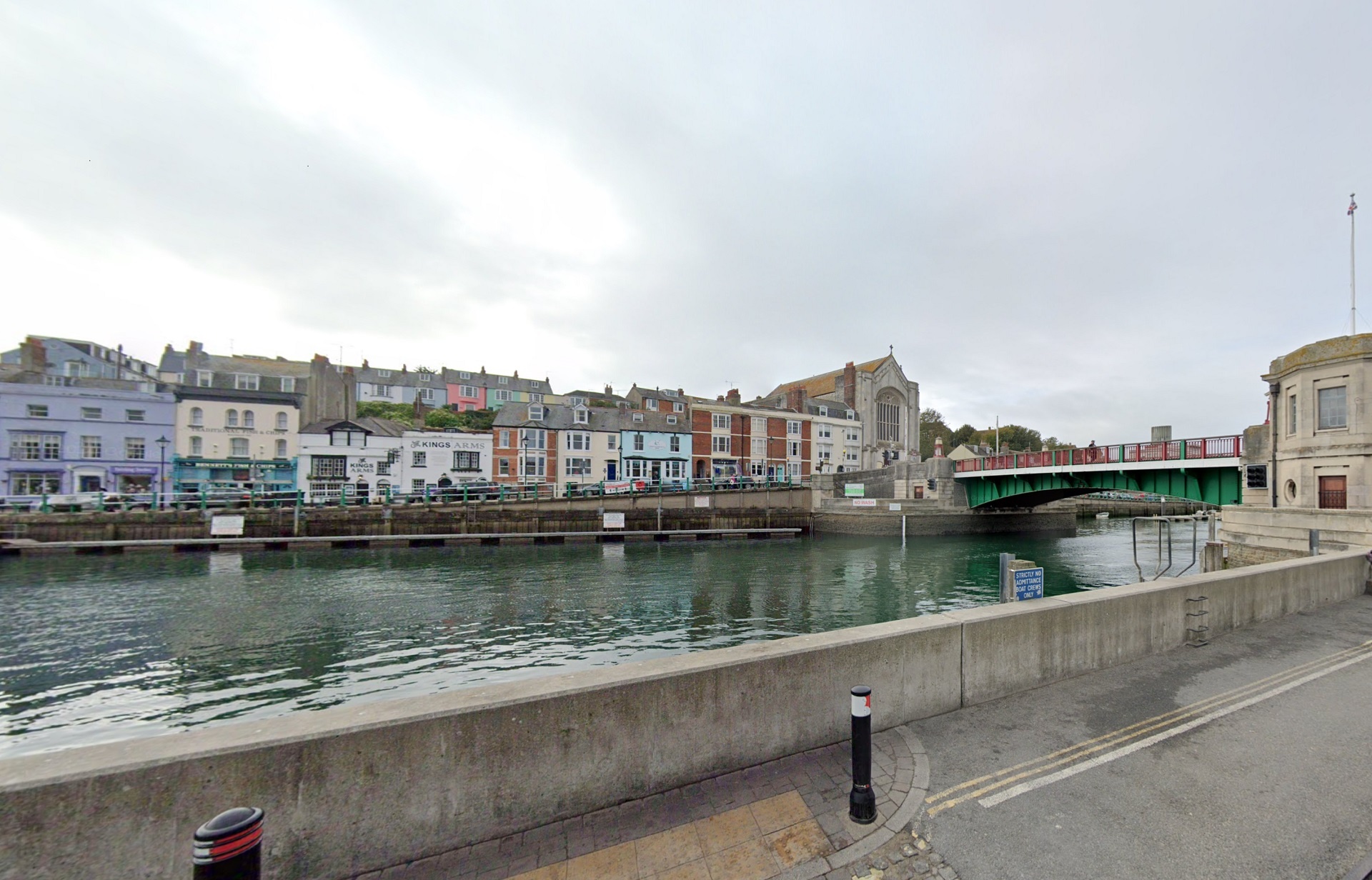Schools across Dorset are reaping the benefits of the faster, more reliable broadband speeds now available thanks to a council-run initiative.
Superfast Dorset, working with its delivery partner Openreach, has provided around 84,000 homes and businesses with access to superfast broadband. But the roll-out has brought wider community benefits too, including making faster connections available to 78 of the county’s schools, many of which have made the switch from standard to fibre broadband.
Sherborne Abbey Primary School has 325 pupils aged between four and 11 and took advantage of the faster connectivity when it became available.
Assistant Headteacher Simon Garnett said a fast, stable internet connection is essential to provide young people with the best possible learning opportunities.
“Computer skills form part of the National Curriculum of course, but pupils use the internet every day to research topics ranging from wildlife to the Victorians. There are some fantastic resources online,” said Mr Garnett, who teaches Year 6.
“Before we switched to a fibre broadband service it was pretty frustrating – things could take ages to load. If I wanted to show a video to support the children’s learning in the classroom I used to download it onto a USB stick at home and bring it in.
“Since we took a fibre broadband service it’s so much easier. It benefits our support staff too as so much is done via the internet these days, from communicating with parents to ordering supplies.”
Piddle Valley CE First School in Piddletrenthide, near Dorchester, has 84 pupils aged up to nine and has also switched from standard to fibre broadband.
Headteacher Jayne Browne said: “Even our younger children in the Reception class see IT as a link to supporting and enhancing their learning, whether learning through games or researching for information.
“All staff and children find the system less frustrating especially when a whole class are wanting to access the internet on our laptops or iPads.
“Overall the improved connection has supported many aspects of the school including our office systems such as registration and safeguarding. This has been important to Piddle Valley CE First School as we are so much more reliant on the internet these days.”
Since 2010, superfast broadband has mainly been delivered using fibre to the cabinet (FTTC) technology, which is a part-fibre, part-copper technology: fibre optic cables run from the exchange to a street cabinet, and existing copper telephone lines connect the cabinet to the premises.
Superfast broadband, defined as a download speed of 24Mbps (megabits per second) or more, is now available to 97% of Dorset premises.
Access to full-fibre networks in the county, however, sits at around 7% and just over 3% in the Dorset County Council area. These networks use fibre optic cables to connect the exchange directly to each premise. Full-fibre connections can deliver speeds greater than 1 gigabit per second (1,000 Mbps). Full-fibre networks are even more reliable than copper-based networks, and cheaper to maintain and operate. They are also important for supporting high capacity mobile broadband, particularly future 5G networks. Dorset was the first area of the UK to benefit from pilot funding from the Government’s Local Full Fibre Network Scheme to provide full fibre connections to a school in the county.
Cheselbourne School has used the funding to connect to full fibre from local company Wessex Internet. This deployment then allowed surrounding businesses and residents to do the same.
Superfast Dorset is managing a further expansion of this pilot activity with Broadband Delivery UK, Department for Education and Dorset County Council’s schools team to seek funding for a further 19 schools.
For more information about faster broadband and to check the situation at your premises visit www.dorsetforyou.com/superfast
















